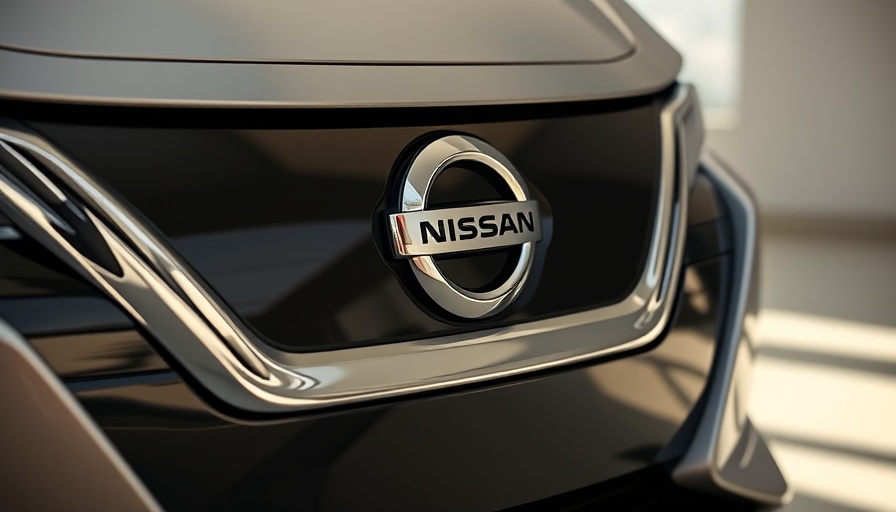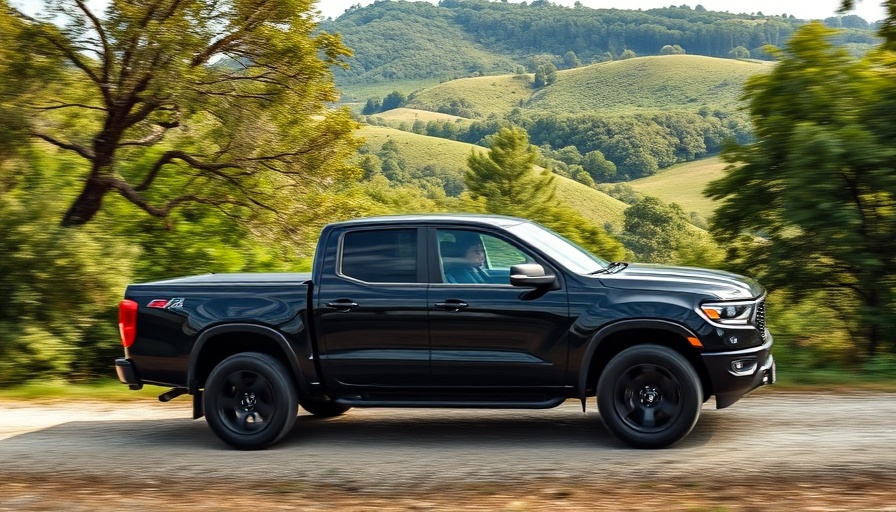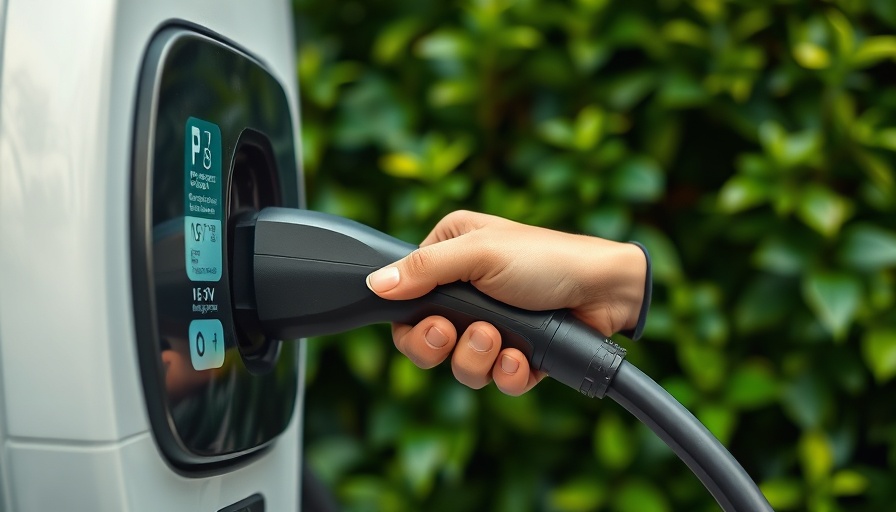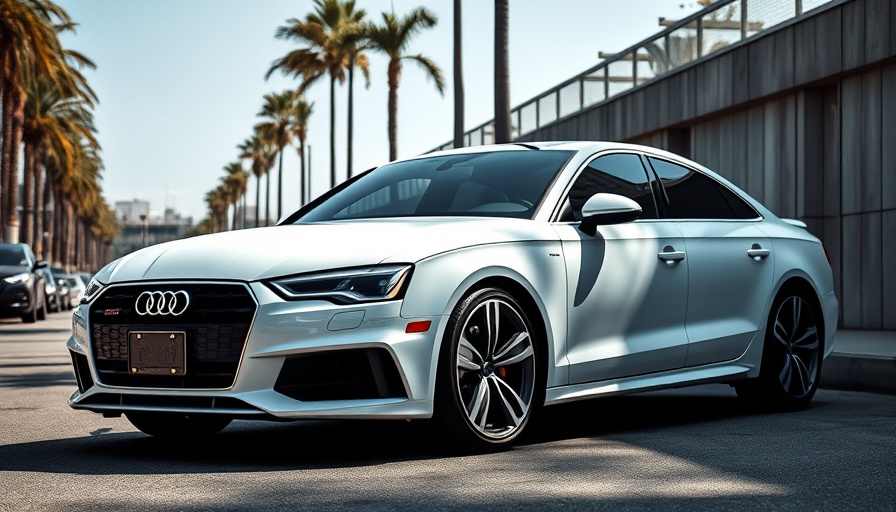
The Shockwaves of Nissan's EV Cancellations
Nissan has made the shocking decision to cancel plans for a new electric crossover, intended for the lucrative U.S. market. Originally intended to be built at its Canton, Mississippi plant, this unnamed model—codenamed PZ1L—has been shift to the company's facility in Sunderland, U.K. This change not only impacts potential U.S. sales but raises questions about Nissan's overall strategy and focus in the electric vehicle (EV) market.
Mississippi Plant: A Changing Landscape
The Canton plant, which currently assembles conventional vehicles like the Altima sedan and Frontier pickup, was expected to be a hub for Nissan's EV production. This cancellation of the PZ1L and delays for other models slated for production starting in 2025 represent a significant shift in Nissan's strategy to embrace electric mobility.
Brian Brockman, a spokesperson for Nissan, emphasized the need to evaluate market opportunities for new models, highlighting a potential pivot towards higher-volume electric models in the U.S. This suggests that while Nissan is still committed to EVs, the timeline and nature of their introduction may differ significantly from what was previously planned.
Broader Implications and Market Reactions
The revise plans come amid reports of layoffs affecting approximately 9,000 employees globally, pointing to an unsettling trend in the automotive industry as manufacturers recalibrate their operations in response to declining sales—particularly in major markets like the U.S. and China.
For local dealerships and distribution networks, understanding this evolving landscape will be essential. With Nissan's pause on production at the Canton facility and the potential consolidation of resources, how will e-bike sales, products, and services be impacted? The significant shifts within traditional automotive makers can create both challenges and opportunities for e-bike dealerships looking to cater to a changing consumer market that is increasingly interested in eco-friendly transportation options.
Future of Electric Models in the U.S.
Nissan's decision to delay electric vehicle introductions could signify a cautious approach moving forward. The company plans to shift its focus on developing vehicles that reliably meet consumer demand. With plans for more EVs at the Sunderland plant, it's unclear how many of these will ever reach the U.S. market.
The possibility of Nissan transitioning to robotic assembly lines and a zero-emission production environment is indicative of the larger automotive industry's shift towards sustainability. E-bike dealerships may find themselves in a prime position, as consumers look for alternative transportation options amidst these changes.
Nissan's Path Forward
Nissan’s current strategy highlights the potential for a more sustainable and efficient production process while recalibrating its goals within the highly competitive EV sector. While the direct implications for e-bike dealerships and franchises may not seem apparent immediately, staying engaged with Nissan’s fluctuating focus can reveal new opportunities for collaboration.
As Nissan re-evaluates its approach, stakeholders in related industries should remain alert and adaptive to the evolving landscape.
 Add Row
Add Row  Add
Add 




Write A Comment